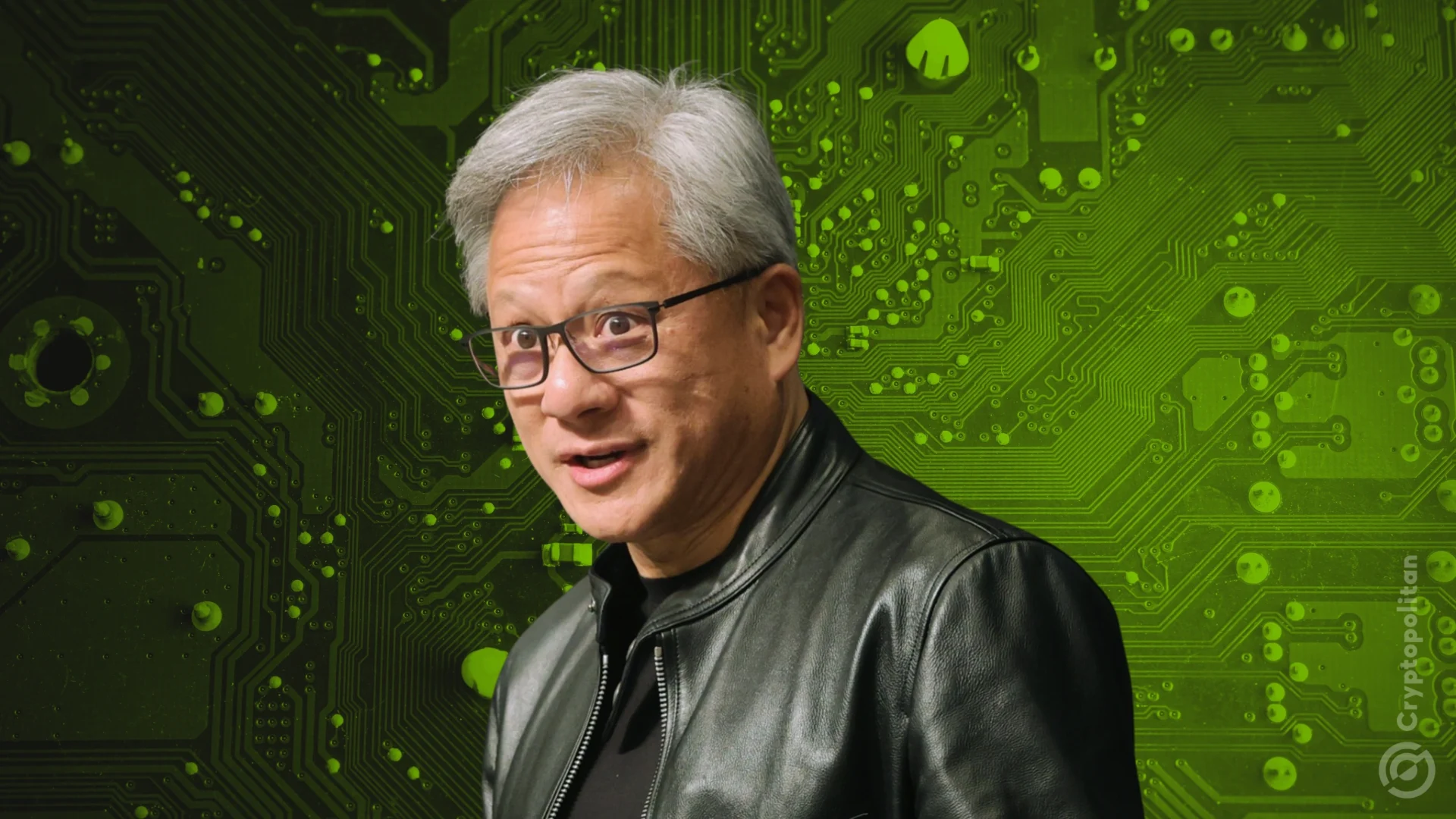In a recent interview with CNBC, financial analyst Ross Gerber took aim at Tesla CEO Elon Musk, accusing him of resorting to “blackmail” tactics in his pursuit of increasing ownership stake in the electric car giant. Musk’s desire for a 25% voting stake has raised eyebrows, with Gerber asserting that Musk’s influence over Tesla surpasses that of any other company’s leader. This controversial move has ignited a fierce debate, highlighting the intricate dynamics between Musk, Tesla’s board, and the expectations of its investors.
Elon Musk’s power play for greater Tesla control
Elon Musk, already holding a significant 13% ownership stake in Tesla, recently expressed discomfort with advancing projects in robotics and artificial intelligence unless his stake was elevated to at least 25%. Ross Gerber, founder and CEO of Gerber Kawasaki Wealth and Investment Management, did not mince words in his criticism, deeming Musk’s actions as a form of “blackmail” against Tesla’s investors. Despite the considerable influence Musk already wields, his quest for additional control has sparked concerns about the ramifications for the company’s direction.
Gerber contends that Musk’s control over Tesla extends beyond his ownership percentage, pointing to the composition of the board, which he claims is predominantly made up of Musk’s friends and family. According to Gerber, the assertion that Musk does not have an overarching influence on Tesla becomes untenable when considering the close relationships within the board. This critique raises questions about corporate governance and the checks and balances within Tesla, as critics argue that a board comprising Musk’s associates might lack the necessary independence.
Ross Gerber’s persistent critique of Musk’s strategies
This latest criticism from Gerber is not an isolated incident. In a previous interview with Yahoo Finance, he suggested that if Musk desires a 25% voting stake, he should acquire the stock through the same channels as other investors. Gerber found the notion of shareholders granting Musk $30 billion worth of stock perplexing, emphasizing that Musk’s fiduciary duty, as the CEO, should be directed toward transforming Tesla into an AI and robotics-focused company. This adds a layer of complexity to the ongoing debate, as stakeholders assess the balance between Musk’s vision and the financial interests of Tesla’s investors.
Gerber’s critique extends beyond ownership matters. Earlier this month, he expressed concerns about the potential integration of Musk’s Grok AI into Tesla vehicles, labeling it as a “total conflict” and a “huge negative” for shareholders. This adds another dimension to the discussion, emphasizing the potential impact of Musk’s technological pursuits on Tesla’s bottom line. Additionally, Gerber has been vocal about his dissatisfaction with Tesla’s products, notably replacing his Model Y with a Rivian R1S SUV, describing it as a “wonderful EV.” This raises questions about consumer satisfaction and competition within the electric vehicle market.
Questioning the future direction of Tesla
As Ross Gerber continues to scrutinize Elon Musk’s decisions, the broader question emerges: What does Musk’s pursuit of greater control mean for the future of Tesla? The clash between a CEO’s vision, shareholder interests, and corporate governance dynamics underscores the challenges faced by one of the most influential companies in the automotive and tech industries. How this narrative unfolds will undoubtedly shape the trajectory of Tesla and, by extension, the evolving landscape of electric vehicles and AI integration in the automotive sector.





